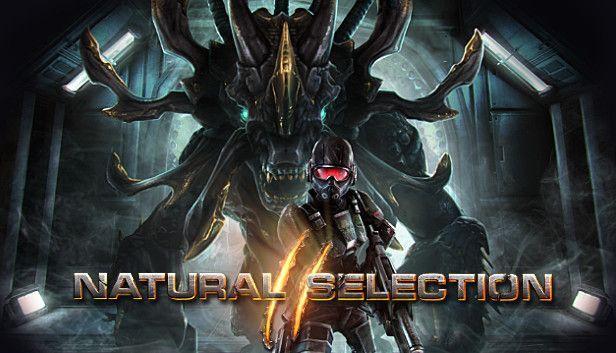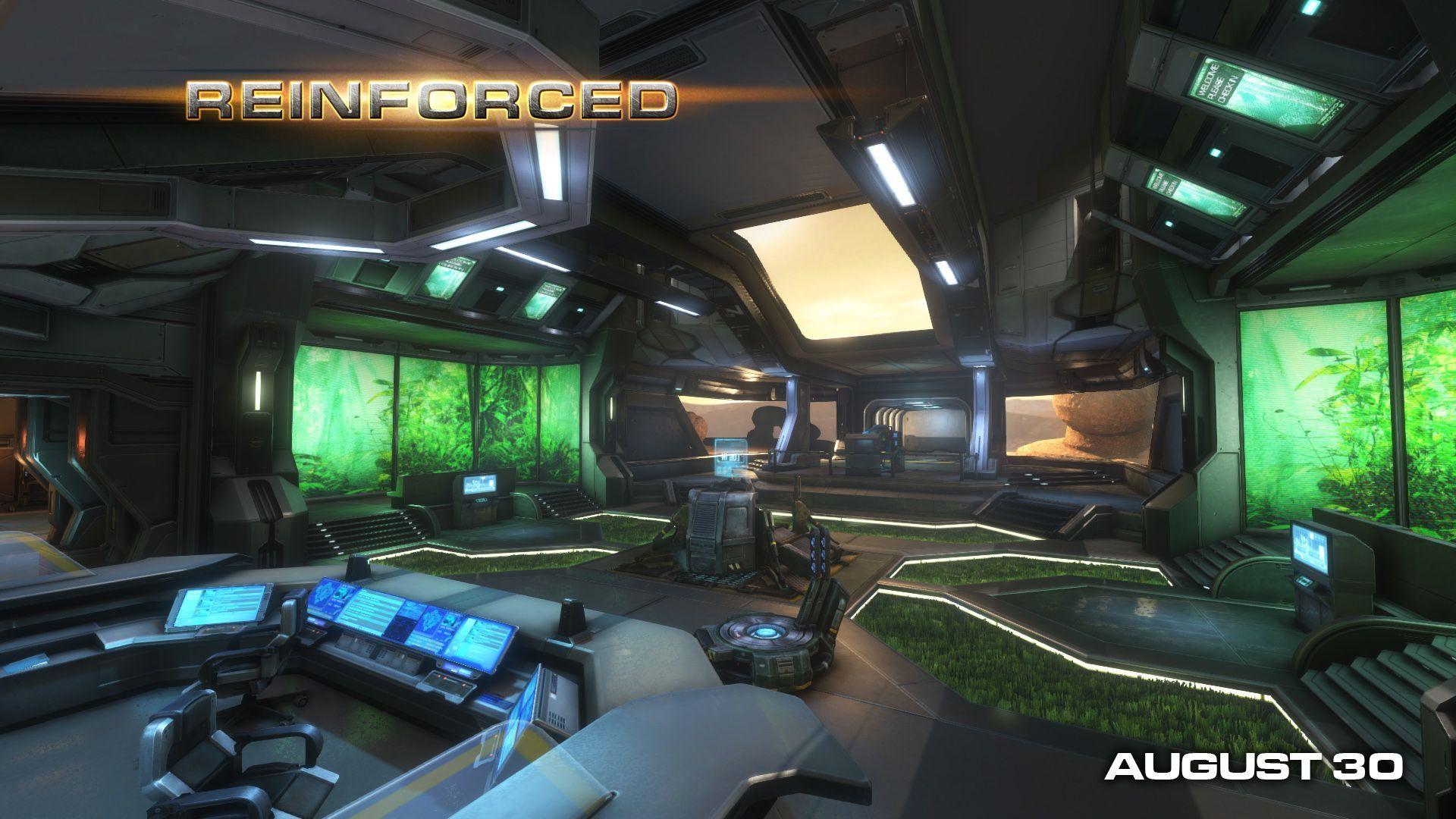Boston Game Jam
Last weekend I attended the Boston Game Jam held at MIT. A "game jam" is an event where a bunch of game developers come together for a few days and build entirely new games based around a central theme. This started with the Indie Game Jam a few years ago and has been repeated in similar forms around the world (more information here).
The direction for the Boston Game Jam was to build a game based around the theme of "shift" in 34 consecutive hours (9:00 AM Saturday to 6:00 PM Sunday). You can see a screen shot of the game I built below, and can download the executable and source code from the jam website.
For my game I tried to incorporate the "shift" theme on multiple levels. The core mechanic in the game is shifting the elevation of a planet's terrain to create or remove geographic barriers between the inhabitants. As you divide the people with oceans and mountains, they group into factions. Over time the people in a faction will shift so that they resemble other people in their group. You can also spin the planet which shifts the climate; trees which provide the people with lumber will only grow on the sunny side.
The concept for the game is that through your indirect influence you must help all of the people on the planet progress into the space age. The groups will build buildings and space ships when they've accumulated enough resources including knowledge, lumber, and ore from interstellar meteors. Groups on the planet are only productive when they are small (large groups devolve into anarchy), but if people are too divided they will despise each other and nuclear warheads will shortly follow. If everyone on the planet dies you lose the game.
The game is essentially a planetary balancing act with some not-so-subtle social messages built in. The nice thing about making a game in such a short amount of time is that you don't have enough time to make a conventional game, so you have to step a bit off the well trod path. It also means that if your idea sucks, well at least you didn't invest too much time in it.
Overall I was pretty happy with how my game turned out, especially in the implementation. I think it has a pretty polished look, does some interesting things, and attempts to tackle a pretty ambitious concept. As a traditional game I don't think it works very well, especially considering the game mechanics never turned out quite right and the final result is pretty hard to understand.
From the onset I didn't really expect this to work as a traditional game and my goal was to create something more along the lines of a virtual toy. Since I consider myself an engineer more than a game designer, I figured I'd have more success in that space, and in general games as toys seems to be an area that hasn't been widely exploited. The Sim games are notable exceptions to this as are some more recent games like Electroplankton, but for the most part computer games are used to tell stories or simulate competitions, rather than simply amuse.
Thanks goes to Charlie who provided me with game design input and ideas in the middle of the night on Saturday (does that make this an Unknown Worlds' title?) and the organizers of the event who did a great job. I'm looking forward to the next game jam.







